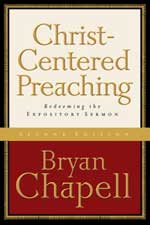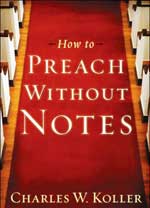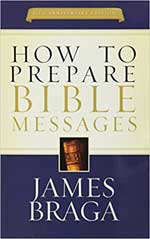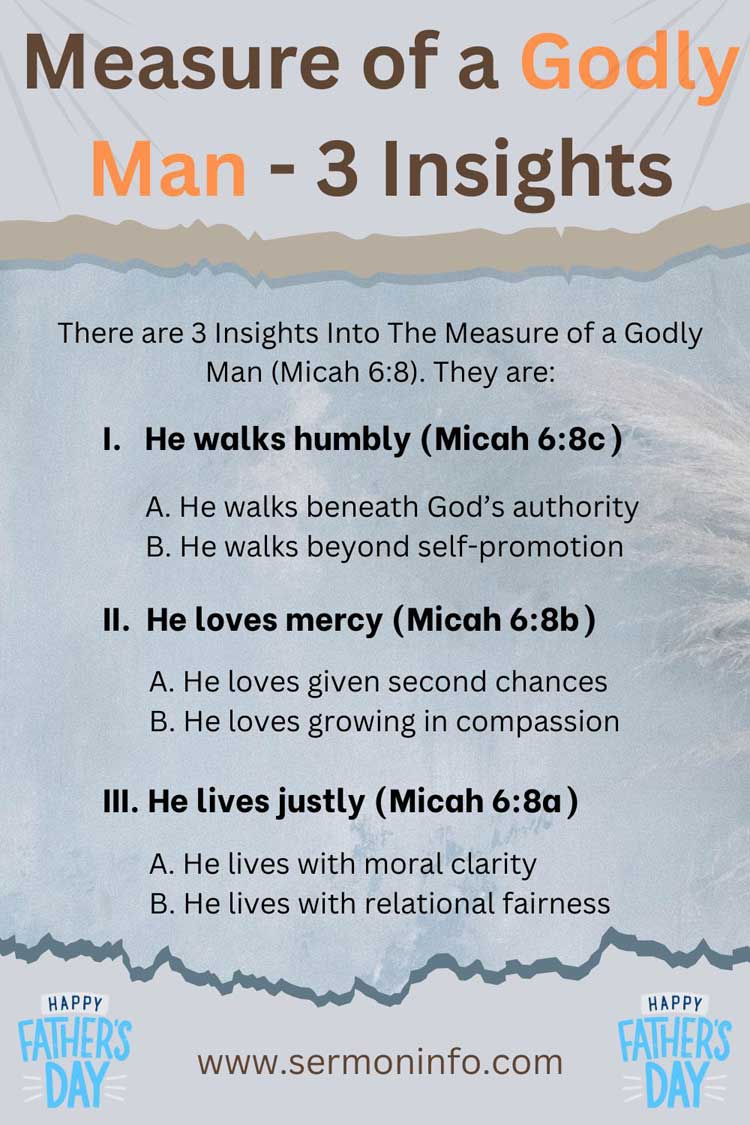Free Father’s Day Sermon – If you want to lead well, the 3 Insights Into the Measure of a Godly Man (Micah 6:8) are your compass.

Free Father’s Day Sermon
We all know that being a dad today isn’t easy. There’s pressure to succeed in everything except what matters most.
But the heart of a godly father starts with his walk with Jesus Christ. Without Him, we’re just trying to lead on empty.
Micah 6:8 gives us three clear insights into what matters to God. And if we follow Jesus closely, we’ll lead our families wisely and leave a legacy that truly lasts.
1. He walks humbly (Micah 6:8c)
“And to walk humbly with your God.” (Micah 6:8c)
A. He Walks Beneath God’s Authority
A godly man doesn’t try to lead without being led. He recognizes that God is in charge, and he follows with a surrendered heart. Paul wrote, “You are not your own … you were bought at a price” (1 Corinthians 6:19–20). That truth humbles us and reminds us that real strength comes from submission.
When I start the day asking God for wisdom, it keeps me grounded. I need His direction to lead my family well. Walking beneath God’s authority means trusting His Word over my feelings and letting Him shape my decisions, even when it is hard.
B. He Walks Beyond Self-Promotion
We live in a world that says, “Promote yourself. Make a name.” But Godly men point to Jesus, not themselves. John the Baptist said it best: “He must increase, but I must decrease” (John 3:30). That’s humility in action, and it leaves a far greater impact than pride ever will.
I’ve learned this the hard way—my kids don’t need a dad who’s always right, just one who’s always real. Walking beyond self-promotion means we serve in the shadows, lead with grace, and celebrate others more than we celebrate ourselves. That is where influence grows strong.
“This material provides some ideas and thoughts for a message for Father’s Day.”
2. He loves mercy (Micah 6:8b)
“And to love mercy” (Micah 6:8b)
A. He loves giving second chances
Mercy doesn’t mean we excuse sin—it means we offer grace because God gave it to us first (Ephesians 4:32). A godly man chooses restoration over revenge and grace over grudge. He doesn’t forget what God forgave, so he passes that same mercy on to others.
I’ve had moments as a dad when I reacted too quickly. But mercy gives space to try again. Loving second chances means we’re slow to anger and quick to forgive—just like our Heavenly Father is with us (Psalm 103:8).
B. He loves growing in compassion
Mercy isn’t just a moment—it’s a mindset. Godly men grow in compassion, especially for those who are hurting or overlooked. Jesus didn’t just notice people—He stopped, listened, and cared deeply. That’s what mercy in motion looks like.
Compassion means we take time for people, even when life feels full. I want my kids to know that tenderness is not weakness. It is strength guided by love, and it reflects the heart of God.
3. He lives justly (Micah 6:8a)
“To do justly.” (Micah 6:8a)
A. He lives with moral clarity
Justice starts at home. A godly man doesn’t cut corners or shift blame—he stands for what is right in every situation. Proverbs 20:7 says, “The righteous man walks in integrity; his children are blessed after him.” That is the kind of man our homes and world desperately need.
When truth feels blurry, we look to God’s Word for clarity. Living with moral clarity means we say what we mean, keep our word, and live without double standards.
B. He lives with relational fairness
Doing justly also means treating people with fairness—especially those who can’t offer anything in return. Justice is personal. It shows up in how we speak to our spouse, discipline our kids, or lead at work. Godly men model equity, not ego.
I’ve learned that my family watches how I treat everyone, not just how I talk about values. Living with fairness means we honor every person as made in God’s image, and we do what is right—even when it costs us.
Conclusion
At the end of the day, faithful fatherhood isn’t about being perfect—it’s about showing up, staying focused, and finishing well with Jesus.
Paul didn’t finish strong because life was easy. He finished strong because he kept trusting the One who called him.
So dads, don’t give up. Keep running your race. Trust God with the results, and let your kids see a faith that finishes.
Source Material
Believer’s Bible Commentary by William MacDonald
The MacArthur Bible Commentary by John MacArthur
Must Have Sermon Preparation Books
The Importance For Application

QUOTE by Bryan Chapell: People have the right to ask, “Why did you tell me that? What am I supposed to do with that information? All right, I understand what you think – so what?” The healthiest preaching does not assume listerers will automatically see how to apply God’s truths to their lives; it supplies the application people need.
If even the preacher cannot tell (or has not bothered to determine) how the sermon’s truths relate to life, then people not only are unlikely to make the connection, but also will wonder why they bothered to listen (Christ-Centered Preaching by Bryan Chapell [Amazon Books]).
The Importance of Structure

QUOTE by Charles W. Koller: Preaching without notes is largely a matter of structure … without sound structure, a real message may prove obscure and impotent.
Sound structure will add immeasurably to the power of a sermon and good homiletical habits are a priceless resource to the pulpiteer … an outline that stands out clear and sharp is the first long step to freedom in the pulpit (How To Preach Without Notes by Charles W. Koller [Amazon Books]).
The Importance of the Conclusion

QUOTE by James Braga: The conclusion is undoubtedly the most potent element in the entire sermon. If it is poorly executed, it may weaken or even destroy the effect of the preceding parts of the discourse. But some preachers forget the importance of the conclusion with the result that their sermons, which otherwise are carefully and thoroughly prepared, fail at the crucial point.
Instead of concentrating their material into a burning and powerful focus, they allow the current of thought to be dissipated by commonplace or feeble remarks at the close (How To Prepare Bible Messages by James Braga [Amazon Books]).
